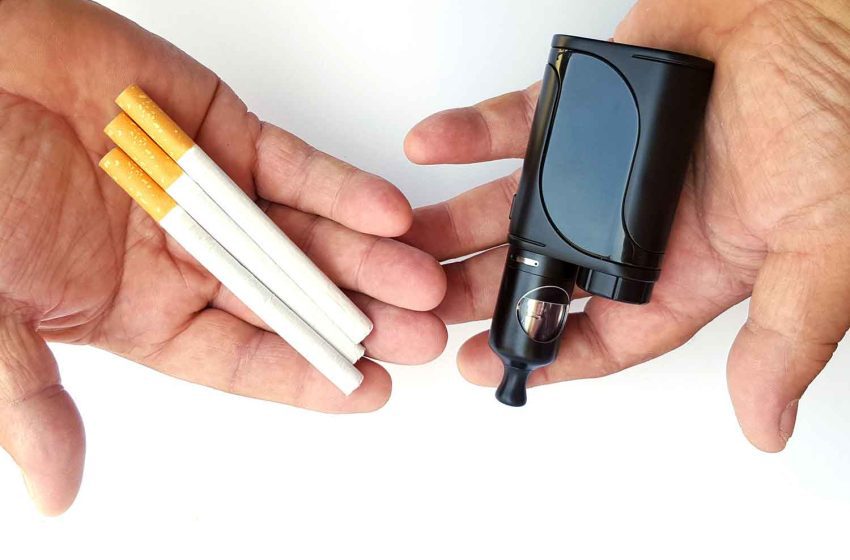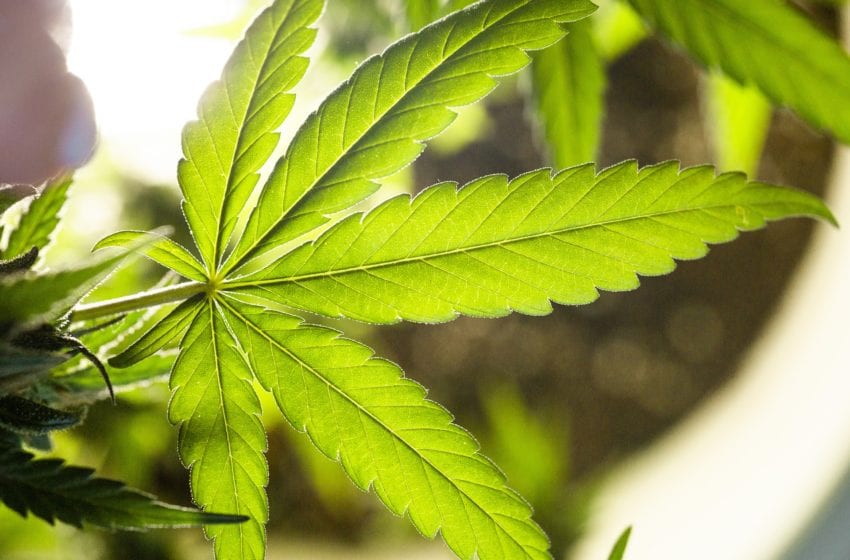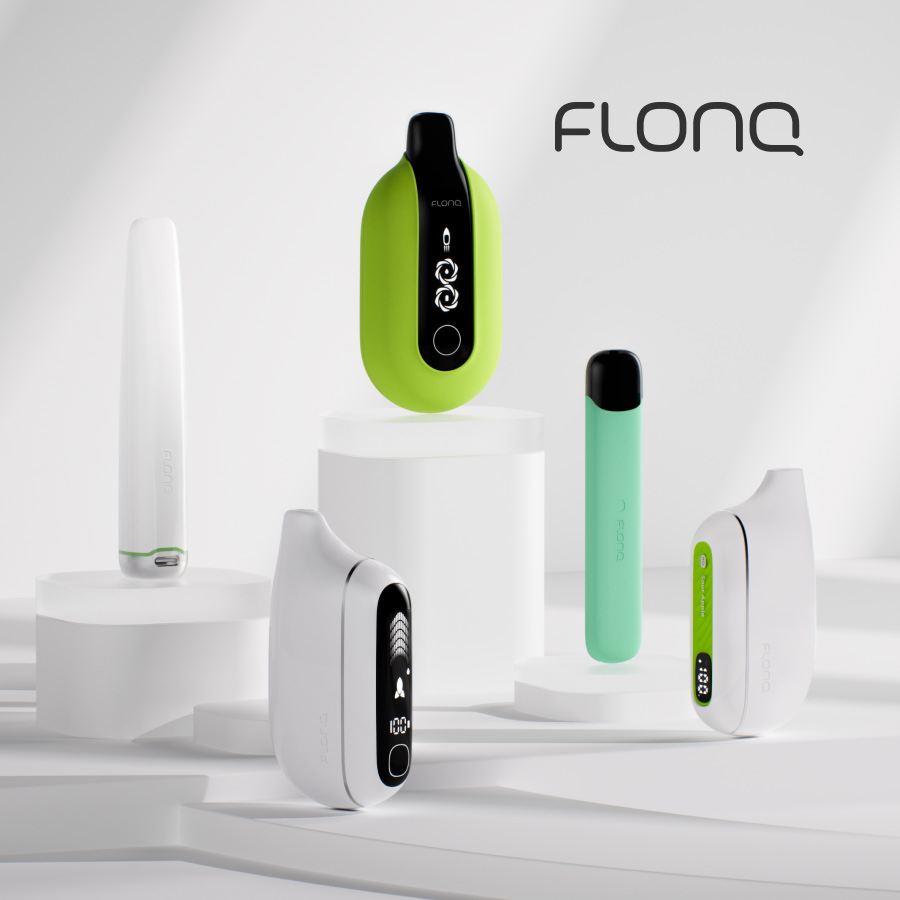The comments described how vaping was leading children down a path toward transnational drug trafficking.Read More
Search Results for: georgia
The resolution study vaping safety was introduced to the Georgia General Assembly on Feb. 27.Read More
The state agriculture department would maintain and publish the list and any product not on it would be illegal.Read More
A person who violates the law if signed commits a misdemeanor and can be fined $100 to $500.Read More
If passed, a person who violates the law commits a misdemeanor and can be fined $100 to $500.Read More
The two bills in the contention could make either a wholesale tax or e-liquid volume tax possible.Read More
The U.S. state of Georgia has the second lowest tobacco tax rate in the country, only behind Missouri.Read More
The judge issued a 30-day order restraining a local DA from prosecuting people for selling extracts.Read More
The research will characterize airborne particulate aerosols and volatile organic chemicals released during ENDS use.Read More
Delta-8 THC products being sold outside dispensaries has prompted a patchwork of enforcement reactions.Read More









